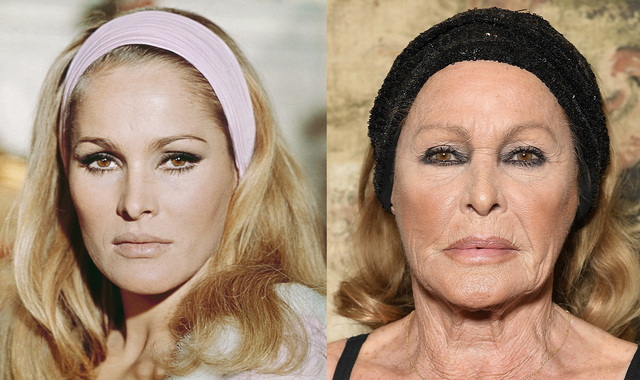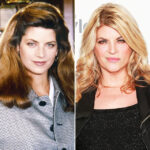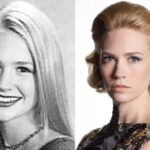From her unforgettable debut as Honey Ryder in Dr. No to her enduring status as a cultural icon, Ursula Andress’s journey through Hollywood and beyond is a tale of charm, resilience, and reinvention. With beauty, talent, and a distinct sense of self, she rose from a small Swiss town to international stardom, forever cementing her place in cinematic history. This is the story of a woman who shaped the image of the Bond girl while carving a unique path in the entertainment world.
Early Life and Heritage
Born on March 19, 1936, in the picturesque Swiss town of Ostermundigen, Ursula Andress grew up in a multilingual household. Her Swiss-Italian mother, Anna, worked hard to support her six children after Ursula’s father, a German diplomat, mysteriously disappeared during World War II.
Despite hardships, Andress nurtured a love for the arts. She studied art and dance in Paris before transitioning to modeling and acting in Rome, gaining small roles in Italian films during the 1950s.

Journey into Film and Modeling
In the late 1950s, Andress moved to Hollywood, signing a contract with Paramount Pictures. Initial struggles to secure significant roles were alleviated when her husband, John Derek, took a striking photograph of her that captured the attention of Dr. No producer Harry Saltzman.
The Breakthrough: Dr. No
Released in 1962, Dr. No introduced Ursula Andress as Honey Ryder, the first Bond girl. Her iconic entrance from the turquoise waters of a Jamaican beach, wearing a white bikini, became one of cinema’s most memorable moments. Although her lines were dubbed due to her accent, her visual impact captivated audiences worldwide, solidifying her as an instant sensation.

Beyond Dr. No: A Mixed Career Path
Following her breakout role, Andress’s career took diverse directions. She starred in Casino Royale (1967) as Vesper Lynd, showcasing her elegance and wit. However, many later roles typecast her as a glamorous figure, limiting opportunities for deeper dramatic performances.
In the 1980s, Andress shifted focus to television, appearing in popular series like The Love Boat and Falcon Crest, demonstrating her versatility and enduring appeal.

Personal Life: Love and Family
Andress’s personal life often paralleled her career in the spotlight. Her marriage to John Derek lasted nearly a decade, and she had notable relationships with figures like James Dean and Marlon Brando. In the 1980s, she had a son, Dimitri Alexandre Hamlin, with actor Harry Hamlin. Despite their separation, the two maintained a respectful relationship.
Life After Acting: Advocacy and Reflection
As her acting career wound down, Andress became a passionate advocate for osteoporosis awareness, using her platform to educate others about the condition. She now enjoys a quieter life split between Rome and Switzerland, surrounded by family and friends.

Cultural Legacy
Ursula Andress remains a defining figure in cinema history. Her portrayal of Honey Ryder set a benchmark for elegance and intrigue in the Bond franchise. Her iconic beach scene has inspired fashion trends and cultural references, including Halle Berry’s homage in Die Another Day (2002).
Andress’s authenticity and charisma have secured her legacy as a symbol of femininity and strength, inspiring generations.





